
Play is a critical component of early childhood education. Research has shown that play-based learning is highly beneficial for children’s cognitive, social, emotional, and physical development. In this article, we’ll discuss the importance of play in early childhood education, and explore some of the specific benefits it provides.
Play is a natural way for children to explore the world around them, make sense of their experiences, and develop new skills. In fact, play is so crucial for children’s growth and development that it has been recognized by the United Nations as a fundamental right of every child.
Through play, children can develop their cognitive, social, emotional, and physical skills. For example, playing with blocks can help children develop their problem-solving and critical thinking skills, while physical play can improve their gross motor skills. Play also provides children with an opportunity to express and regulate their emotions, and to develop their language and literacy skills.
“Children need the freedom and time to play. Play is not a luxury. Play is a necessity.” – Kay Redfield Jamison
Play is an essential aspect of early childhood education. Children learn through play and it’s a natural way for them to explore and make sense of the world around them. Play not only fosters children’s cognitive, social, emotional, and physical development, but it’s also fun and enjoyable for them. In this blog post, we will discuss the importance of play in early childhood education and the benefits it provides.
The Benefits of Play in Early Childhood Education
- children’s cognitive development. When children engage in open-ended play, they can experiment, explore, and learn at their own pace. This type of learning is highly beneficial for promoting problem-solving, critical thinking, and creativity.
- Social and Emotional Development: Play also plays a critical role in children’s social and emotional development. Through play, children learn to communicate, share, take turns, and work cooperatively with others. This helps them develop their social skills and build positive relationships with their peers. Play also provides children with a safe space to express and regulate their emotions, which is a crucial aspect of their emotional development.
- Physical Development: Physical play is essential for promoting children’s physical development. Activities like climbing, running, jumping, and throwing can help children develop their gross motor skills, while playing with small toys can improve their fine motor skills.
- Creativity and Imagination: Play encourages children to think outside the box, come up with new ideas, and explore different possibilities. This helps them develop their creativity and imagination, which are essential for their cognitive and social development.
Incorporating Play into Early Childhood Education
As educators and parents, it’s essential to recognize the value of play-based learning and incorporate it into early childhood education. To do this, it’s important to provide children with ample opportunities to engage in play-based activities, both inside and outside of the classroom. Some examples of play-based activities include:- Building with blocks, legos, or other construction toys
- Drawing, painting, or creating art
- Pretend play, such as playing house or dress-up
- Outdoor play, such as running, climbing, or playing sports
- Reading books or engaging with other written materials
Play is an essential aspect of early childhood education that provides children with a natural and enjoyable way to learn and grow. By incorporating play-based learning into early childhood education, we can support children’s cognitive, social, emotional, and physical development, and help them to build a strong foundation for future learning. If you want to explore, ready-to-play solution designed for young children visit our shop page.
Now, that we know the importance of play, let’s embrace the power of play and give our children the opportunity to learn and thrive !
Related posts
Popular Posts
-
 Cultivating Attention: A Crucial Cognitive Skill in Early Childhood Education
Cultivating Attention: A Crucial Cognitive Skill in Early Childhood Education
07/04/2024 -
 Fostering Spatial Intelligence: A Key Pillar in Early Childhood Education
Fostering Spatial Intelligence: A Key Pillar in Early Childhood Education
04/03/2024 -
 Why Every Child Deserve To Play?
Why Every Child Deserve To Play?
26/02/2023 -
 STRUCTURED PLAY in Early Child Education
STRUCTURED PLAY in Early Child Education
21/04/2022 -
 Window of opportunity in early child development
Window of opportunity in early child development
07/04/2022



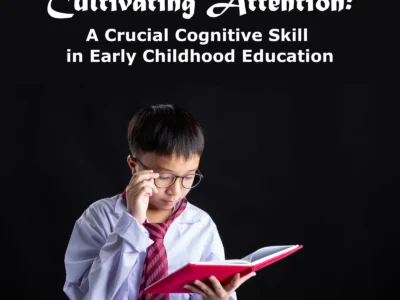
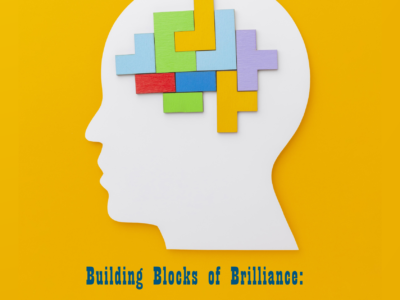

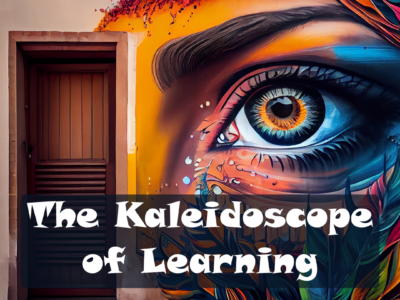
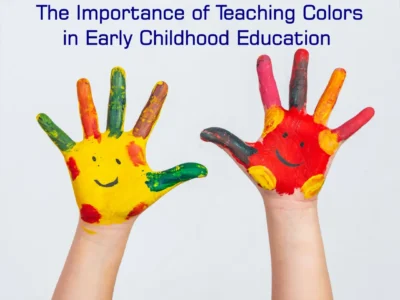
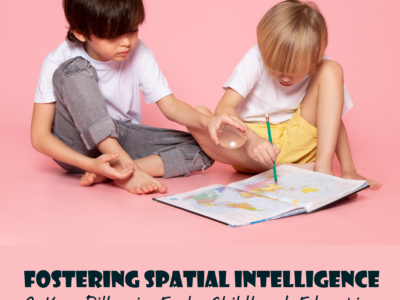

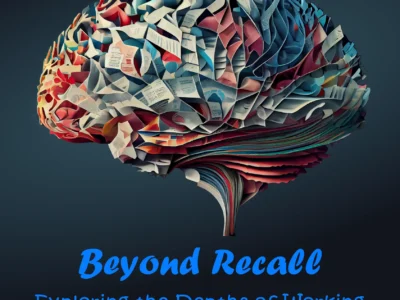
 Cultivating Attention: A Crucial Cognitive Skill in Early Childhood Education
Cultivating Attention: A Crucial Cognitive Skill in Early Childhood Education  Fostering Spatial Intelligence: A Key Pillar in Early Childhood Education
Fostering Spatial Intelligence: A Key Pillar in Early Childhood Education  Why Every Child Deserve To Play?
Why Every Child Deserve To Play?  STRUCTURED PLAY in Early Child Education
STRUCTURED PLAY in Early Child Education  Window of opportunity in early child development
Window of opportunity in early child development 
Recent Comments